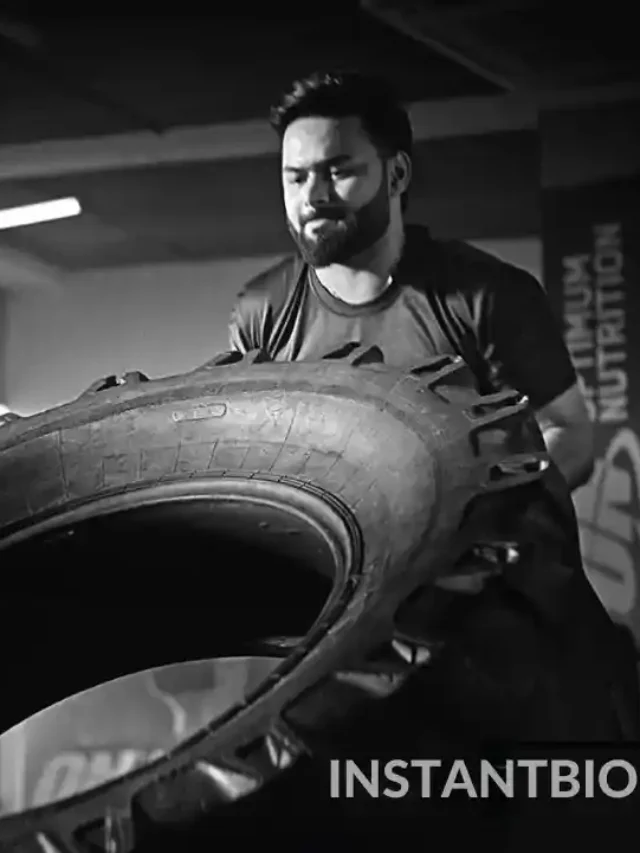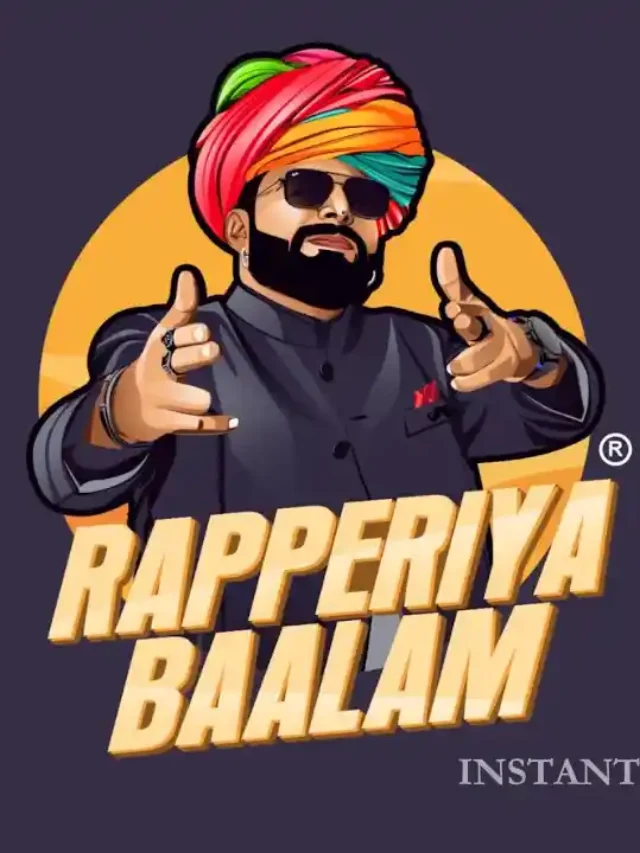Georgia roads can provide a source of personal trauma and the subsequent handling of medical expenses is a complex process. Knowing who pays my medical bills after accident is important to ensure that you are not left with huge debts while you have not received any medical attention.
Immediate Medical Costs
Medical coverage often pays for things like going to the ER, having an operation, or receiving necessary treatment after a car accident. However, based on your plan, you might still need to contribute to some expenses, such as co-pays, deductibles, and other fees.
Fault Driver’s Insurance
If someone else caused the crash that hurt you, you might be able to get money from their insurance or from the driver themselves. But, it’s not always like that. You have to prove that the other person is mostly to blame to get paid. You also need strong evidence showing that the at-fault driver was careless or reckless during the crash.
In Georgia, they use a system called comparative negligence. You can only get money if you are not over 49% at fault. If you are even one point over, no money for you. With this narrow space, insurance people or others will try hard to put fault on you. And if you do get money, it might be less if you are at fault. Paying an expert for talks can save you from getting too much fault.
Remember, you have to pay your own bills, and the insurance firm does not have to pay as you get hurt. So, wait to ask for money till you cannot get better. If you hurt more later, you can’t ask for more money.
Bills Before Pay
Bills for your wounds will come before you get money, like bills for time in the hospital, tests, ops, or care to make you better. Docs and nurses want pay, so you must pay them while you wait.
What Occurs If You Forget to Pay Bills After an Accident
Not paying bills after a crash can lead to problems. Here’s why:
Increased Debt:
If you don’t pay, you will owe even more due to extra costs like late fees and interest. This can make it very difficult to settle the bill, and you could end up broke.
Bad Credit:
Skipping doctor payments brings in debt collectors, and your credit rating drops. Having bad credit makes it tough to get loans, house loans, or good credit card rates.
Legal Trouble:
Creditors might take legal action against you, suing you and possibly taking away your wages, assets, or property.
Insurance Issues:
Insurers might not assist if you skip out on payments, leaving you stuck if there’s another crash or health problem.
Stress and Anxiety:
Being in debt and worrying about getting medical care can really mess with your head. It can make it harder to get better and feel good.
How to Handle Bills While Waiting for Money
Here are some ways to deal with your bills while waiting for money from insurance or a settlement:
- Use Your Health Insurance
- Get Help from Med Pay
- Arrange Payment Plans
- Talk to Your Lawyer
- Take Care of Your Finances
Conclusion
After a crash in Georgia, handling medical costs can be hard. Knowing who pays and the effects of unpaid bills is vital for your money and feelings. First, your health plan pays for quick costs. But you might have to pay some money too. If the crash is not your fault, the other driver’s plan might pay, but you need proof it was their fault. You can’t be more than half to blame. While waiting for payment, you must pay your bills. Not paying can lead to more fees, hurt your credit, legal issues, and stress. This can mess up your money and slow down getting well. To deal with bills, use your health plan, talk to doctors about pay plans, and ask a lawyer. If you act now, you can ease the money stress and keep your finances safe. Understanding the consequences of not paying your bills after an accident is a big deal. By using your insurance, seeking legal help, and managing your bills, you can take the pressure off and focus on getting better.












